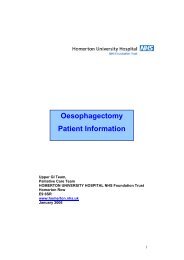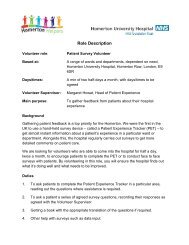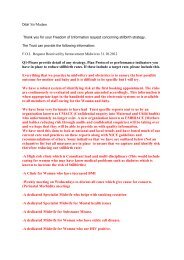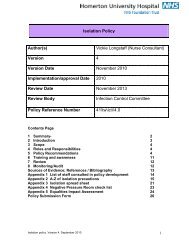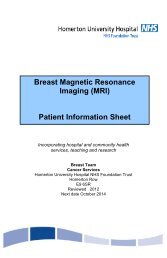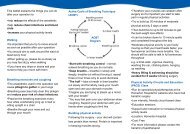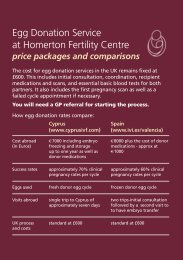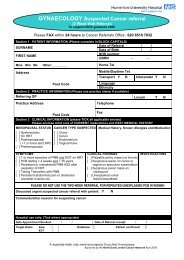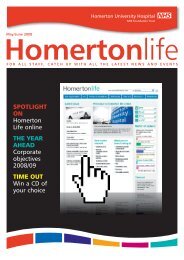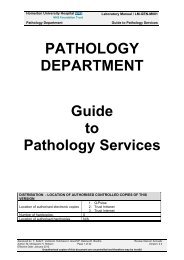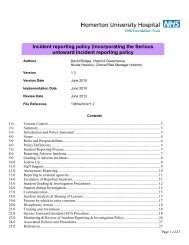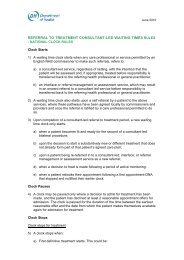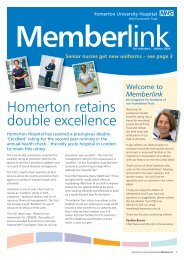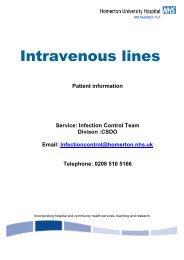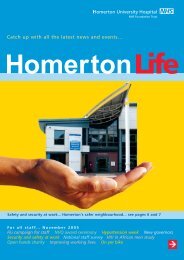Children & Young People's Services Resource guide for professionals
Children & Young People's Services Resource guide for professionals
Children & Young People's Services Resource guide for professionals
Create successful ePaper yourself
Turn your PDF publications into a flip-book with our unique Google optimized e-Paper software.
8. Primary School <strong>Children</strong> with Additional Support NeedsPrimary schools are at the heart of local communities and play an important role in theirneighbourhoods. They have day to day contact with children and families and will often be bestplaced to provide early help. Integrated throughout all of their work is a dynamic and continualassessment of risk and need involving every member of the school community.The majority of children and families will not require any additional <strong>for</strong>mal support, but <strong>for</strong> thosewho do, a discussion at the school-based and led multi-agency planning and review <strong>for</strong>um would bethe first step unless it is evident that there are child protection concerns which need an immediatereferral to <strong>Children</strong>’s Social Care.Most schools refer to this school-led <strong>for</strong>um as their Multi Agency Planning (MAP) meeting. Itis a process to support the Special Educational Needs Coordinator (SENCO) in managing theidentification, coordination and review of support and interventions <strong>for</strong> pupils with additional needs.This is a high level planning meeting where the school and partners work together to prioritise,implement and review universal and targeted support arrangements. This is so the SENCO does nothave to do this alone but with the benefit of other perspectives from representatives of key partneragencies. For some pupils the MAP will help to identify an intervention strategy. This will involveidentifying which agency or agencies should come together to develop an action plan detailing whois to do what and when.Often this will involve a Pastoral Support Plan (PSP) which is a school-based, young person-centredapproach to address the inclusion of young people with challenging behaviour from a range ofperspectives. They are designed to support young people who are at risk of permanent exclusionor young people who are at risk of becoming disaffected through repeated fixed-term exclusions.Targets are set <strong>for</strong> both the young person and <strong>for</strong> the range of agencies involved with the youngperson. Key to this process is the regular review of the PSP that enables close monitoring of theyoung person within the school environment.In most cases, following review, these interventions will be sufficient to make progress towardsthe identified outcomes. However, there are some children who because of personal, family orenvironmental factors will be unable to benefit from these early responses. Meeting their greaterneeds may require more comprehensive approaches and possibly more creative solutions. Thereis also a need to ensure that as more services are involved with a young person different agencyresponses do not overlap or conflict.If after reviewing the interventions, the school believed this to be the case, they can refer, withparental consent, to a MAT or CYPPP via a referral to the Partnership Triage Unit. To refer e-mail aCAF1 or Multi Agency In<strong>for</strong>mation Form to triage@hackney.gov.ukIf you need to speak with someone about a referral to Triage, please call 020 8356 7507.The diagram on the next page outlines the pathway <strong>for</strong> primary school children with additionalneeds:38<strong>Resource</strong> Guide <strong>for</strong> <strong>professionals</strong> | Updated January 2013



